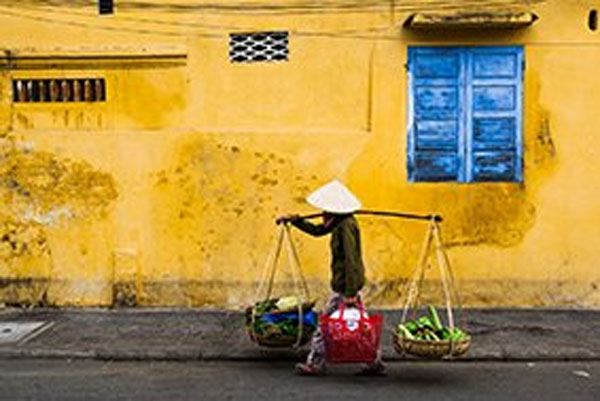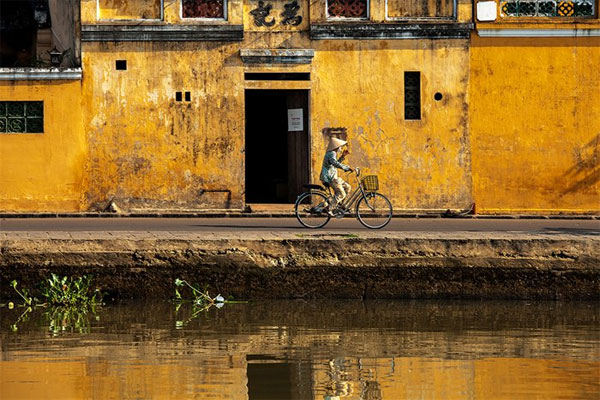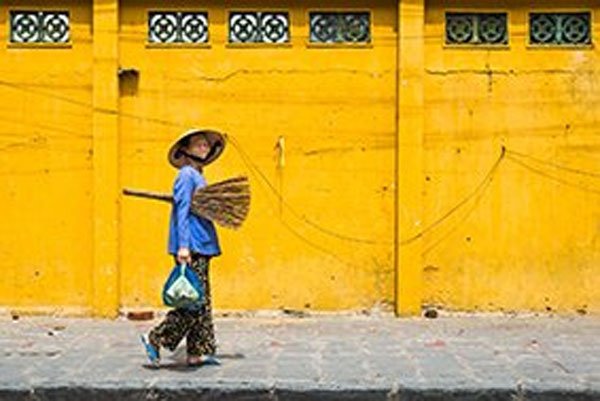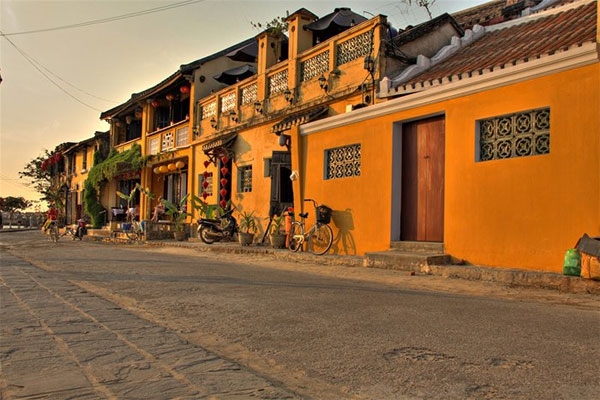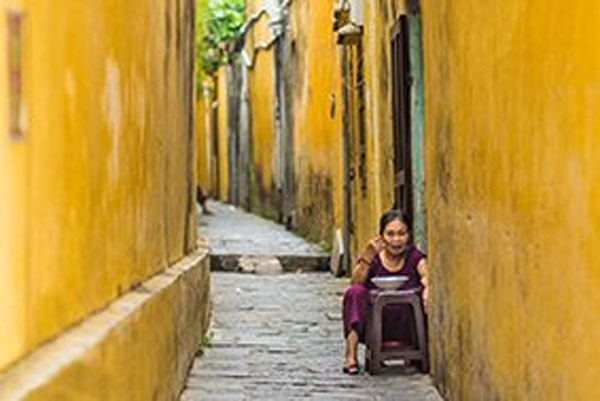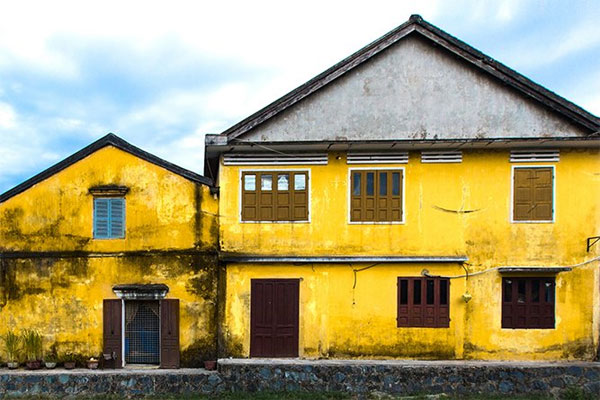
The World Heritage site of Hoi An which is also known as the Yellow City of Vietnam is home to grand colonial houses mingled amid Chinese wooden trader's houses.
Vincent Van Gogh once said that “Sunshine, a light which, for want of a better word I can only call yellow — pale sulphur yellow, pale lemon gold. How beautiful yellow is!” The World Heritage site of Hoi An which is also known as the Yellow City of Vietnam is home to grand colonial houses mingled amid Chinese wooden trader’s houses.
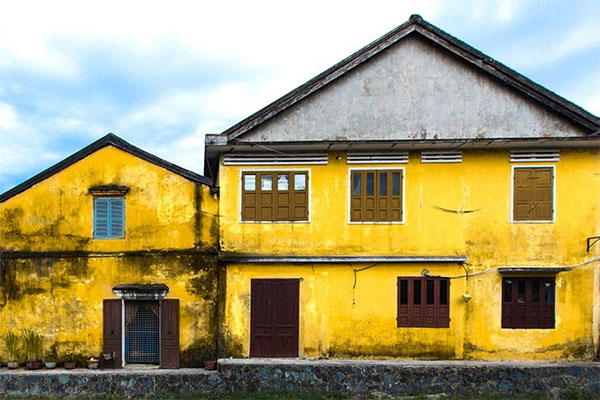 |
|
Over 840 of the 1,000 buildings are listed by UNESCO for their historical value. |
The beautiful walls are the backdrops of sunshine. Hoi An’s Yellow City is an extraordinary well-preserved example of a Southeast Asian trading port dating from the 15th to 19th century. The building and street designs reflect the influences of both foreign and indigenous cultures.
This ‘Yellow City’ is located in Vietnam’s central province of Quang Nam, on the north bank near the mouth of the Thu Bon River and is known as a cultural oasis.
Hereunder is a photo collection about daily activities in this beautiful city by French photographer Réhahn who has found Hoi An as a second home with many restorative qualities both personally and professionally.
The natural light that falls on the yellow buildings and the tiled and terraced roofs makes it a photographer’s dream. It’s like the city is always wrapped in sunshine. Most local people here speak a fair amount of English and are very friendly too, so it’s easy to find your way.
Yellow symbolizes royalty and superiority in Korea, China and Vietnam. There is something about this color that just instantly lifts the mood. It’s one of the few places in Vietnam that is protected from development, making its integrity part of the charm.
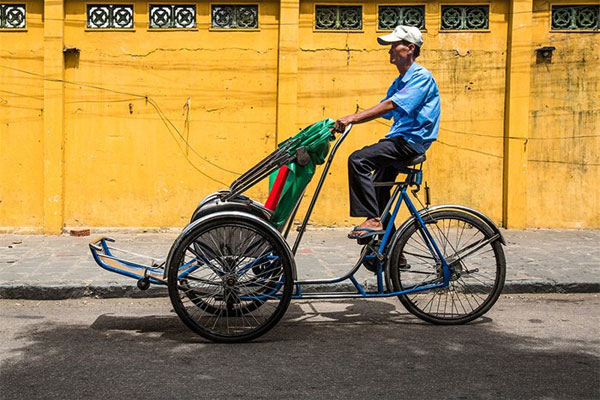 |
|
The famous cyclo is part of Hoi An’s charm
A hardworking fruit seller making her way into the ancient town.
Cycling around the Thu Bon river bank
A woman walks home from a market
Beautiful walls are backdrops of sunshine
Lunchtim in Hoi An |
(Source:SGT)

